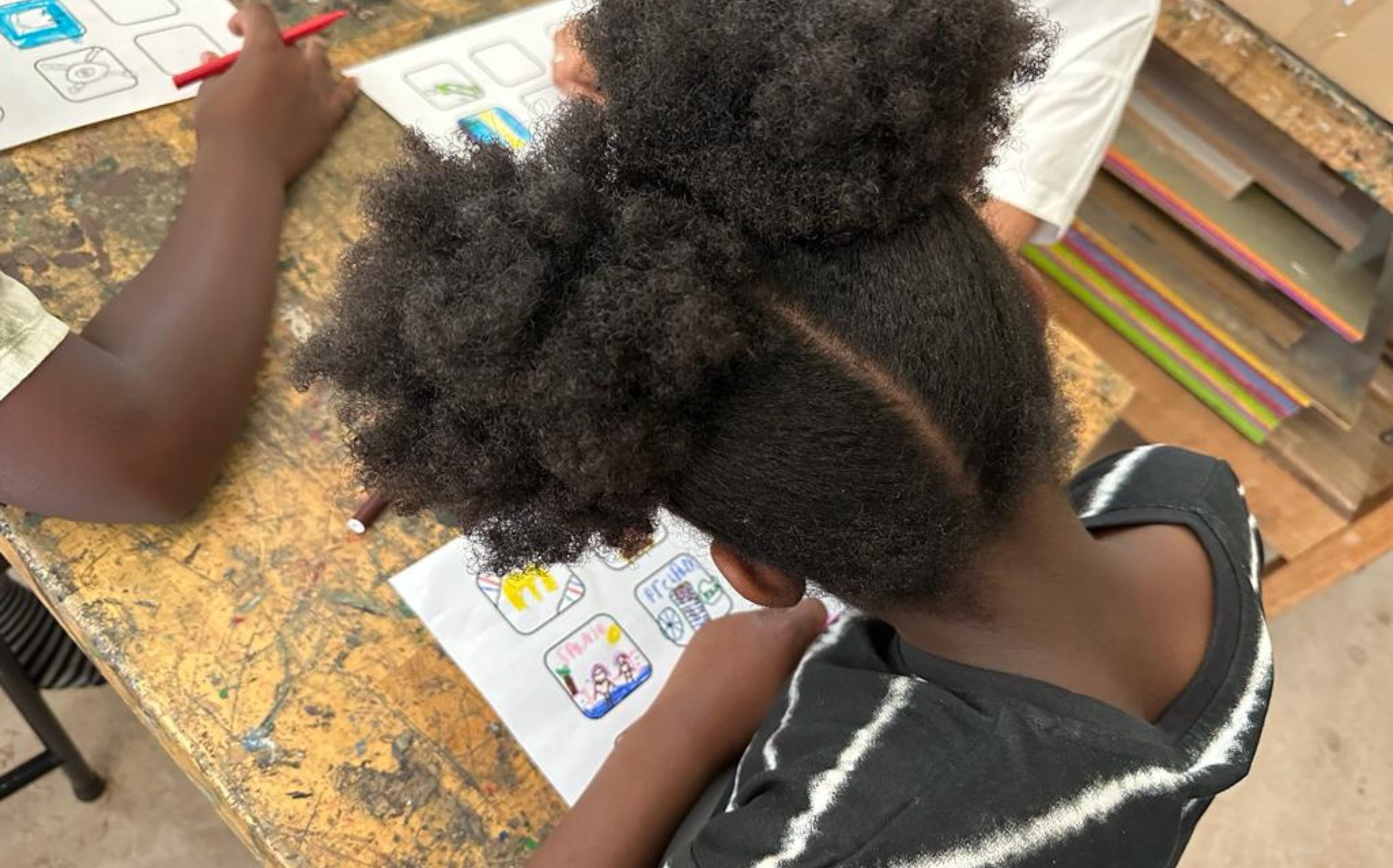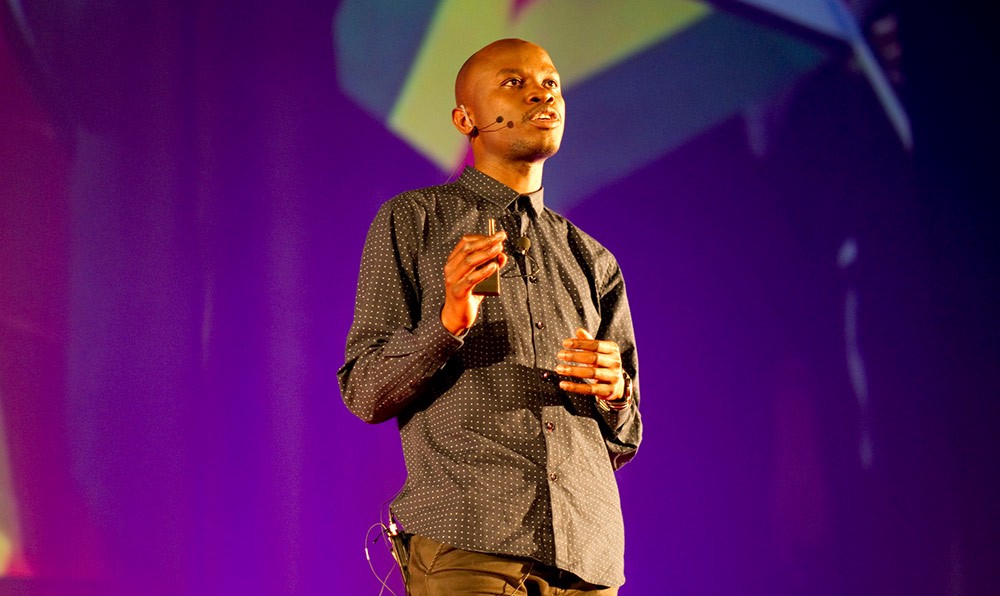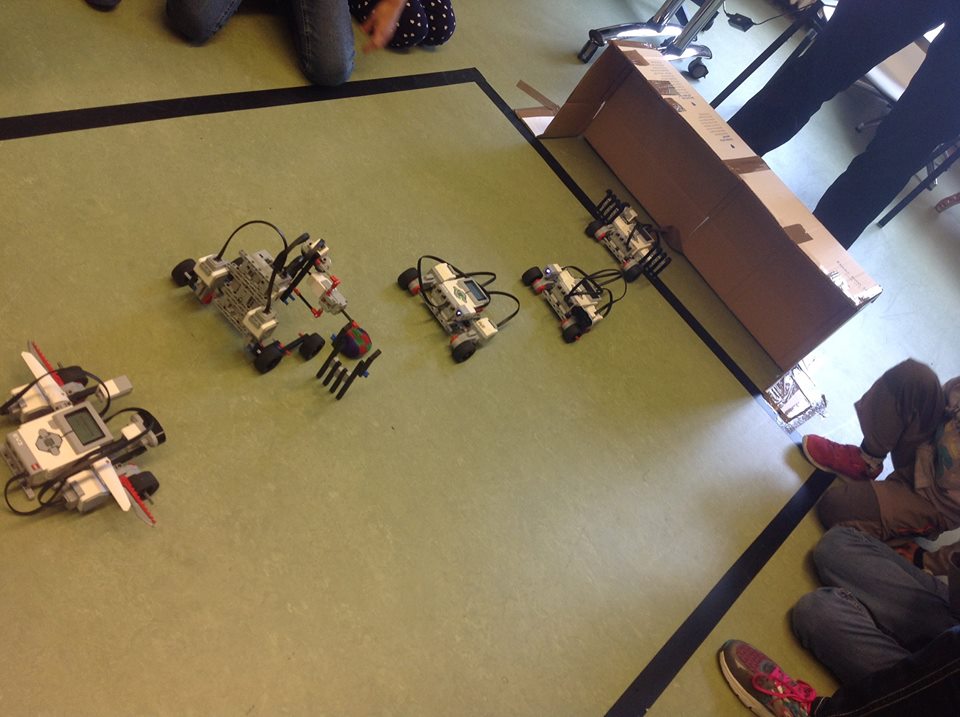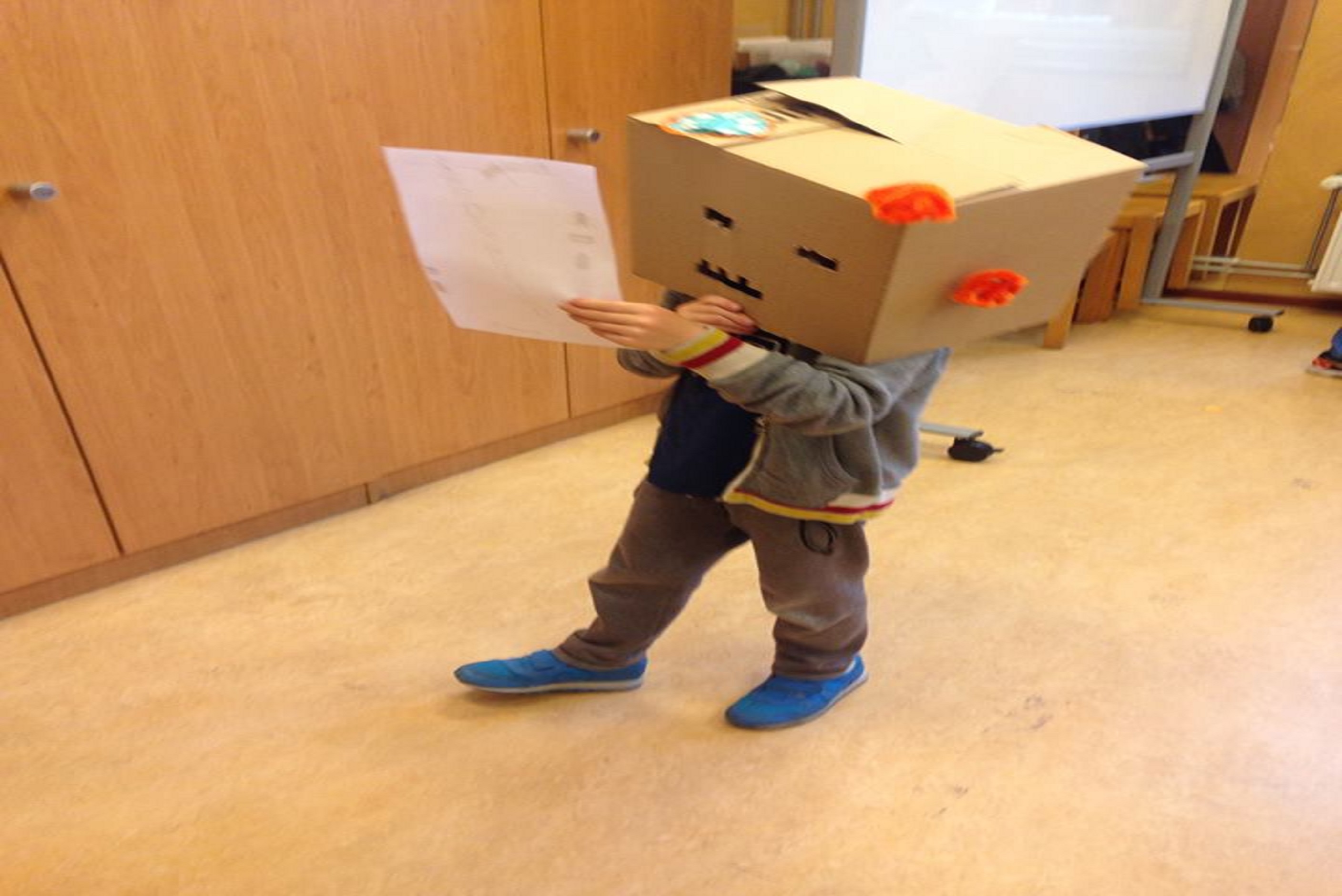Yesterday was hot in Amsterdam! It rose to 31 degrees Celsius (88 degrees Fahrenheit) in the classroom where we teaching and there is no air conditioning. We had planned a digital literacy lesson for four classes of students ages 6-8 focused on software: how the app store works and the role that branding and logos play in online usage. Students were supposed to use iPads to make a series of sketches during a series of
Read moreapps
This summer, don't allow your kids to only spend their time watching TikTok videos and WhatsApping their friends. Get them expressing themselves, creating digital content, and developing important critical thinking and technical skills in the process! NewTechKids has compiled this list of creativity-focused activities to give your child's screen time a more active element. At the end of the summer, they will have a nice digital content porfolio and new skills. All of the creativity
Read moreParents, teachers, school counsellors: technologists don't need computer science degrees. They can be self-taught. Some programmers, data scientists, AI and machine learning experts, especially those who don't have access to formal college and university programs, have taught themselves using free online resources, online courses and project-based learning. In this PreparationTech interview, Deborah Carter, NewTechKids' Founder and MD, interviews Babusi Nyoni, an African design strategist and innovator who is entirely self-taught. After graduating from high school
Read morePreparing children, starting in primary school, to be successful technologists requires parents and teachers to make them aware of the benefit of studying computer science, programming, technology systems and design. Case in point: any child interested in working in a sports-related profession. Technology is transforming the sports industry. Examples include: Web sites which provide stats, stream live games and competitions and provide the latest news; Online games which enable players to play sports virtually and
Read moreParents are often shocked when we tell them that during our programs, we teach core technology, programming and computer science concepts through pen and paper exercises, role-play games, and design and prototyping activities using simple materials such as cardboard boxes and blocks. Others wonder why, in an era of computers and gadgets, apps and programming languages made especially for kids, we teach many no tech lessons. We’ve developed our pedagogy and teaching approaches based on the
Read more



